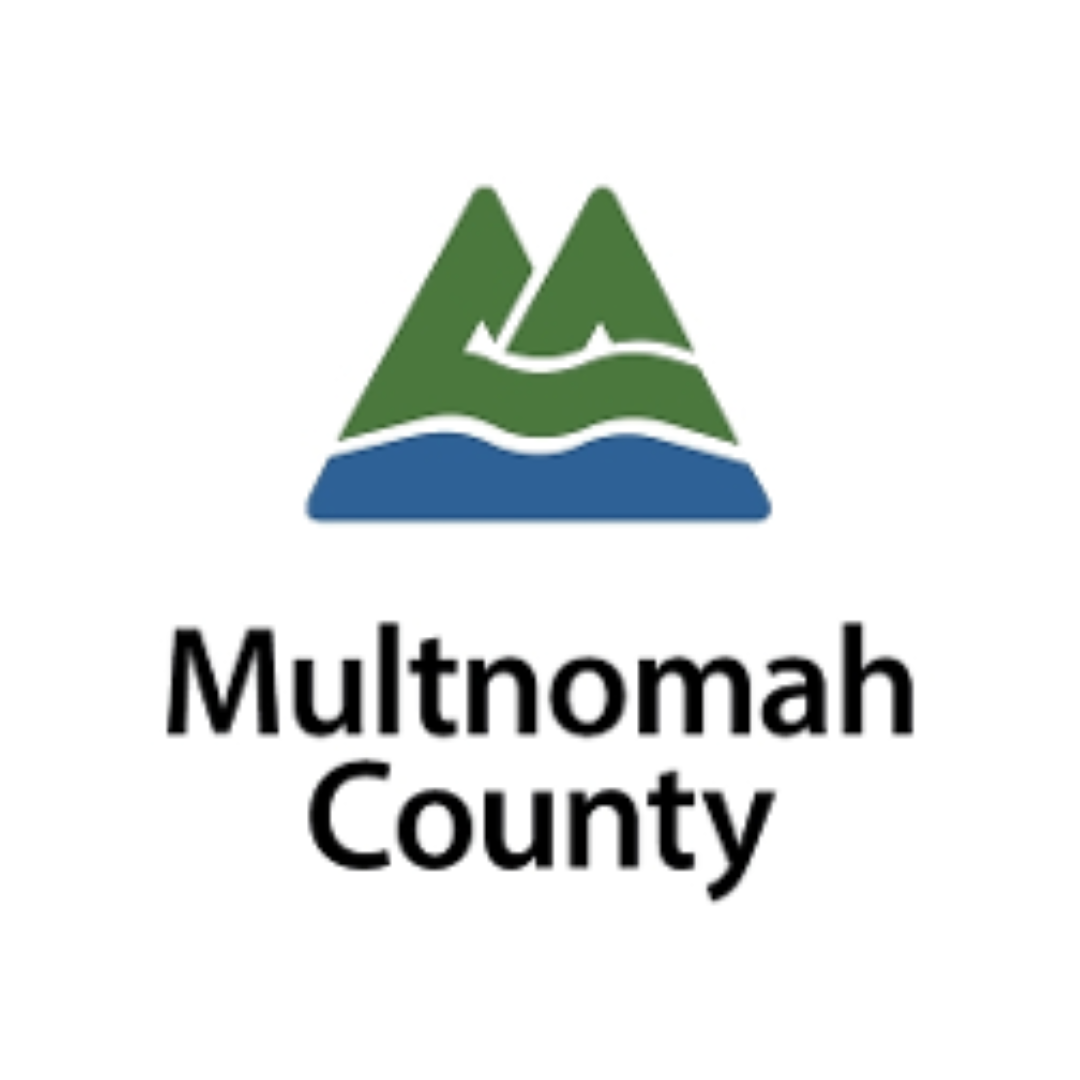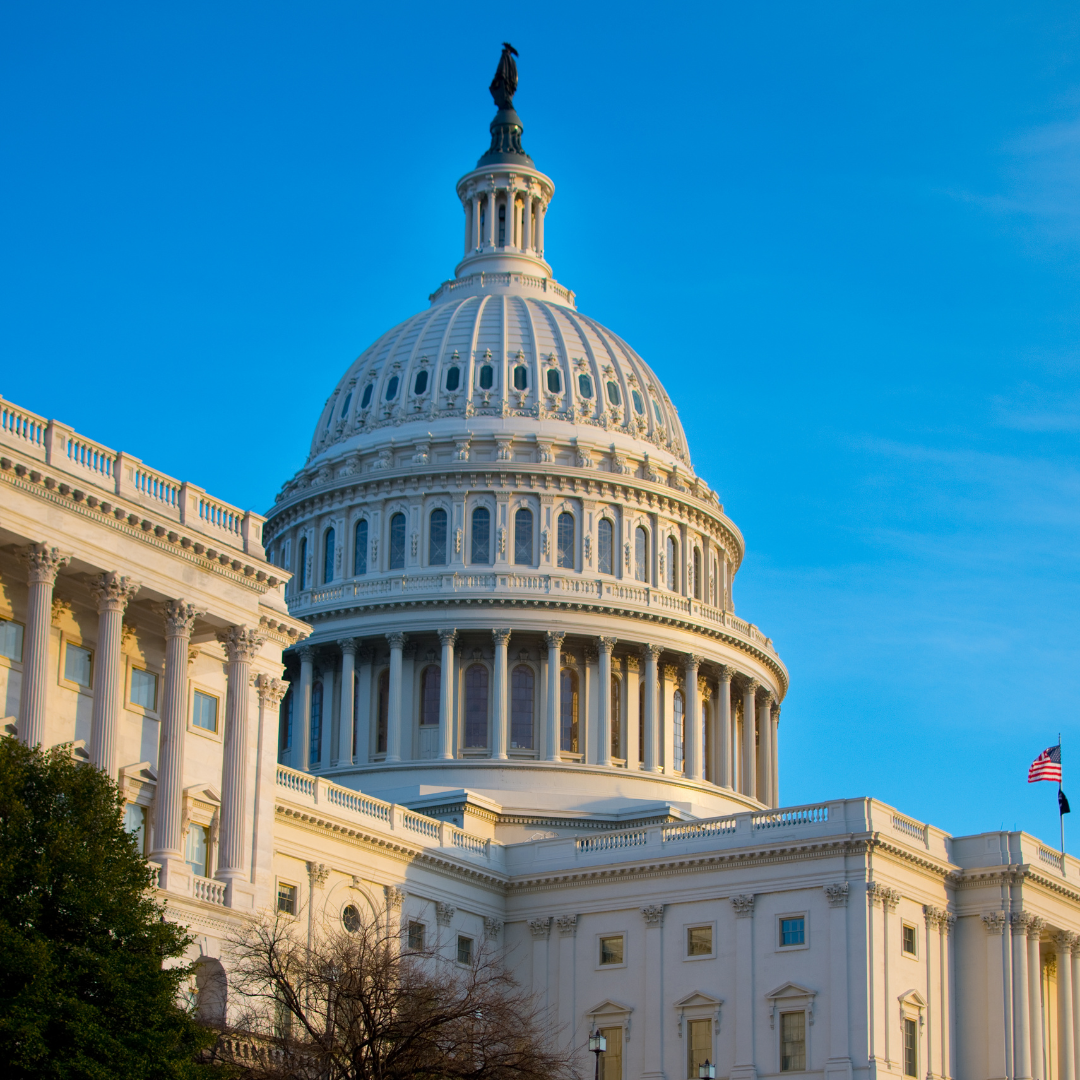Duties and Responsibilities of Government EntitieS
Metro Council:
Overview: Metro Council is the regional government for the Portland metropolitan area, encompassing 24 cities and three counties (Multnomah, Washington, and Clackamas). It addresses regional issues that cross city and county lines.
Duties and Responsibilities:
Land Use Planning: Oversees regional growth and land use planning to manage urban development and preserve natural areas.
Transportation Planning: Develops and implements regional transportation plans, including mass transit, highways, and bicycle/pedestrian pathways.
Solid Waste Management: Manages regional garbage and recycling systems, including hazardous waste disposal and reduction efforts.
Parks and Nature: Acquires, restores, and maintains regional parks, trails, and natural areas.
Affordable Housing: Works on initiatives to increase affordable housing availability across the region.
Environmental Protection: Promotes sustainability and environmental health, including water quality and habitat restoration efforts.
For More Information: Click Here
City of Portland
Overview: The City of Portland is governed by the Mayor and City Council, which includes twelve commissioners and the mayor, where all commissioners are elected by district. The new form of government takes effect in January 2025.
Duties and Responsibilities:
City Services Management: Directs city services, including police, fire, emergency management, water, sewer, and parks.
Public Policy and Legislation: Develops and enforces city ordinances, resolutions, and regulations.
Budgeting: Creates and manages the city's budget, allocating funds to various departments and initiatives.
Urban Development: Oversees land use, zoning, and building regulations, focusing on sustainable and equitable city growth.
Transportation: Manages city transportation infrastructure, including streets, sidewalks, bike lanes, and public transit.
Community Engagement: Works with residents, businesses, and community organizations to address local issues and improve city services.
For More Information: Click Here
Multnomah County
Overview: Multnomah County is the most populous county in Oregon, providing a wide range of services to its residents, especially in the Portland area.
Duties and Responsibilities:
Health and Human Services: Provides public health services, mental health care, and social services, including support for low-income and vulnerable populations.
Public Safety: Manages the county sheriff’s office, jails, emergency management, and the judicial system, including district and circuit courts.
Public Works: Maintains county roads, bridges, and other infrastructure outside city limits.
Libraries and Community Services: Operates the county library system and various community services, including senior centers and youth programs.
Elections and Records: Manages voter registration, elections, and public records, including marriage licenses and property records.
For More Information: Click Here
State of Oregon Legislature:
Overview: The State of Oregon Legislature is a bicameral body comprising the Oregon House of Representatives and the Oregon Senate. It is responsible for creating state laws and policies.
Duties and Responsibilities:
Legislation: Drafts, debates, and passes state laws on a wide range of issues including education, healthcare, transportation, and the environment.
Budget and Finance: Develops the state budget, allocating funds to state agencies and programs, and oversees state taxation.
Oversight: Monitors the implementation of state laws and the performance of state agencies and commissions.
Constituent Services: Represents and addresses the concerns of state residents, including advocating for district-specific issues.
Policy Development: Initiates and drives policy on key state issues, such as public safety, economic development, and environmental protection.
For More Information: Click Here
Federal Government
Overview: The Federal Government of the United States operates under the Constitution and includes three branches: the Executive, Legislative, and Judicial.
Duties and Responsibilities:
Legislation (Congress): The U.S. Congress, comprising the House of Representatives and the Senate, enacts federal laws, approves budgets, and provides oversight of the executive branch.
Executive (President and Administration): Implements and enforces federal laws, conducts foreign policy, commands the military, and administers federal agencies.
Judiciary (Federal Courts): Interprets federal laws and the Constitution, resolving disputes that arise under them.
National Defense and Security: Provides for the nation’s defense through the armed forces, intelligence services, and homeland security initiatives.
Economic Management: Regulates the national economy, including taxation, monetary policy, and trade.
Social Programs: Oversees programs such as Social Security, Medicare, Medicaid, and federal assistance for education, housing, and nutrition.
For More Information: Click Here






